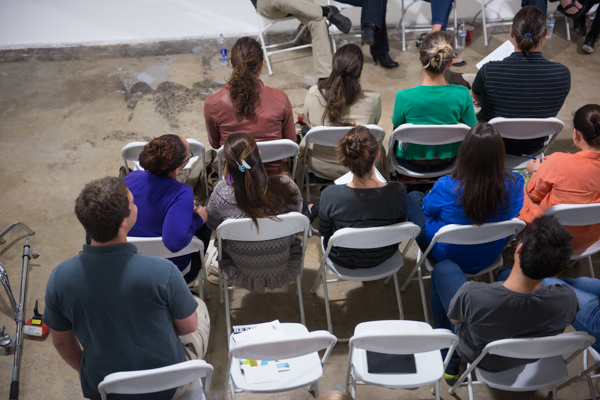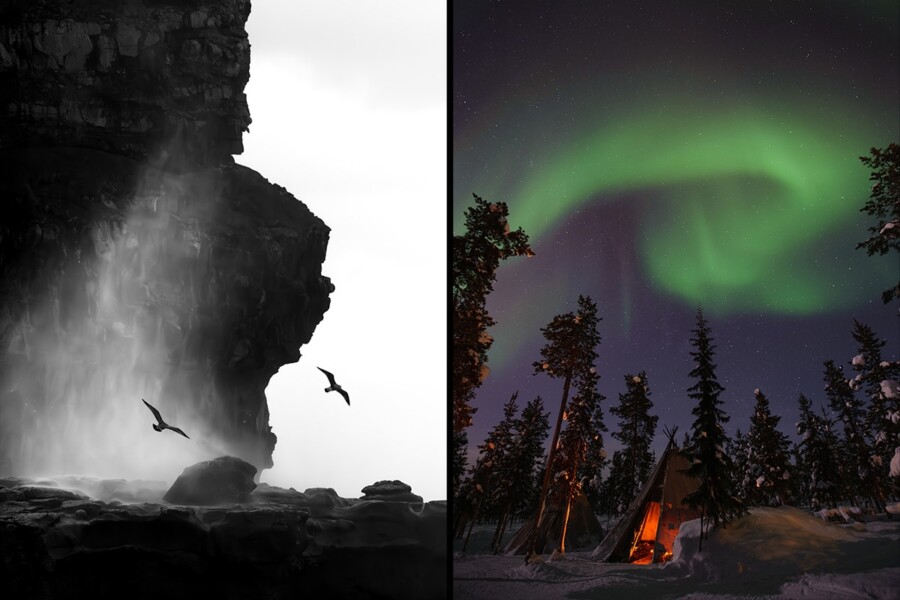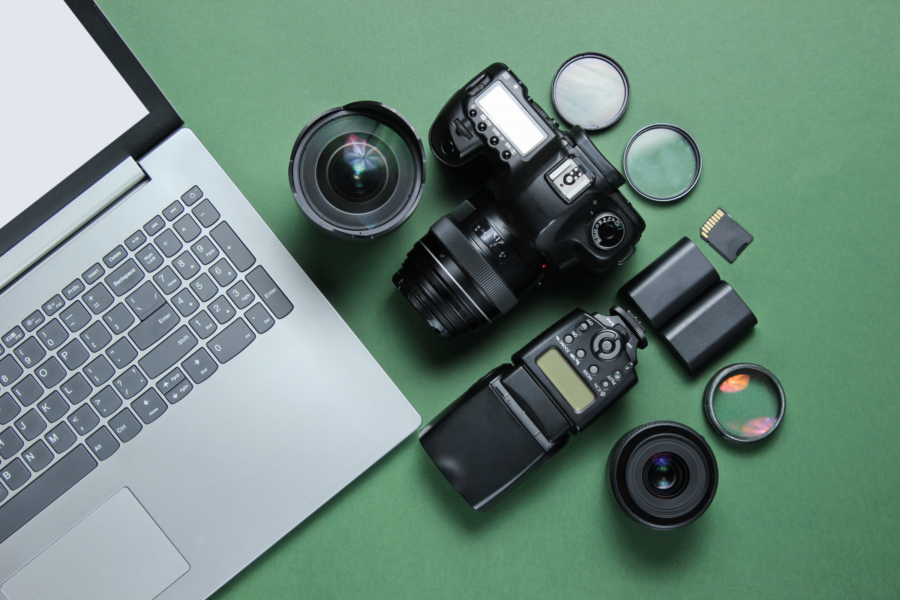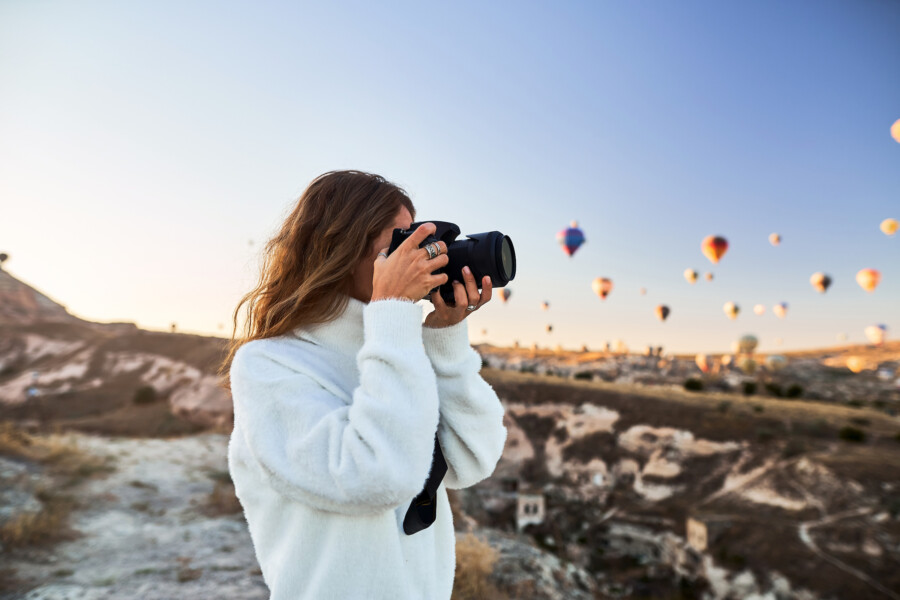Share
Do You Need a Photo Degree to Be a Successful Photographer?
As the recipient of a great education (thanks in no small part to my parents), I’m always fascinated by discussions of how college influence what...
As the recipient of a great education (thanks in no small part to my parents), I’m always fascinated by discussions of how college influence what we do and achieve later in life. As a music major, I could have never fathomed that I would one day become an entrepreneur, and when I think back to college, it had very little to do with the acquisition of technical knowledge, and more about being exposed to a wide range of subjects, people, and social situations.
And thus I read Joseph Gamble’s essay on the 50th Annual Society of Photographic Education’s National Conference piece with more than a passing interest – an essay in which he interviewed photographic educations, and then came to the conclusion that the “pros” outweighed the “cons” 8 to 3.
My position isn’t meant to be a cynical look at photographic education, but we must acknowledge that there was massive selection bias in talking to people whose livelihoods depend on a constant study body. So let me provide a constructive counterpoint.
First, I agree that being immersed in a subject and surrounded by others who are also immersed is invaluable. When you live and breathe photography on a daily basis, and your peers and instructors are pushing you to do more, it’s almost impossible to regress. Students who are particularly introspective will gain an enormous advantage from regular “crits.” But photography isn’t organic chemistry. It doesn’t require beakers and exotic chemicals (anymore). A $500 DSLR and a copy of Photoshop will generally suffice. You can do an awful lot of experimentation and self-directed study with simple motivation, despite what the pundits say about having access to expensive lighting equipment and a studio.
Photography is also somewhat unique as a profession in that most practioners are sole proprietors immediately after graduation. When you work at McDonald’s or Google, you are a cog in the machine who is responsible for a specific component of success. Flip the burgers, write the code, cash a paycheck. The extinction of the staff photographer job has made this scenario virtually impossible for the recent graduate. The freelance photographer is responsible for every aspect of their success.
When I joined an Internet start-up right out of school, we were four people, but I wasn’t responsible for incorporating the company, filing taxes, or submitting the payroll. I was just responsible for helping to create a website. As the years went on, and we became more successful, I assumed I knew everything about business. But when we started PhotoShelter, and I was suddenly the boss, I realized how little I knew.
Suddenly, I wished I had taken a business or marketing class in school, or paid more attention at my previous company. It took me several years to understand that our success was as much a function of marketing as it was of our technology. Customer service, social media, DMCA takedowns – it was a steep learning curve, and quite honestly, without a great team around me, I don’t know that the company would have survived with my spartan knowledge.
That brings us back to the photographer. I suppose that pedigree is marginally beneficial, but in truth, I’ve never hired a photographer because of the school he/she went to. I hire on reputation and portfolio. Similarly, I’ve talked to dozens of photographers who have revealed how little they know about business, and many of them have told me that their schools didn’t offer relevant business or marketing instruction (or they didn’t pay attention).
The challenge is that “business” is not only boring academically, but it’s very abstract. When you don’t have to worry about your next paycheck or paying for your camera because you have a student loan, you have very little time for such frivolity as business. But freelancing is a fact of life for millions of people in today’s economy, and thus understanding how to build business success is imperative. So I would challenge educators to build curriculums around the following.
Before graduation, make your students:
- Create an LLC. There are dozens of online services that are relatively inexpensive.
- Open a business bank account so that they learn the value of separate account and accounting.
- Use the NPPA’s cost of doing business calculator to estimate a daily “cost” so they understand how to price their labor without going out of business.
- Build a marketing plan that identifies a) their target market, 2) activities that will help them reach that market, and 3) an estimation of time per week spent with each marketing activity.
- Talk about business use cases on a weekly basis.
- Make sure they have a very functional understanding of web technologies and analytical packages so that they can make data-driven decisions.
- Bring in small business owners and entrepreneurs to talk to your students, so that they begin to understand the challenges of running a business.
Photographers too often fall back on the excuse that “we’re visual people” and “we don’t get this business stuff.” That, my friends, is a perfect attitude for failure. My best advice is to never major in photography (a minor is fine). But knowing that this is an impossibility, both students and teachers alike will help the profession by making sure that it is viewed as a profession, and not a hobby. And the barometer for that success is staying in business.



